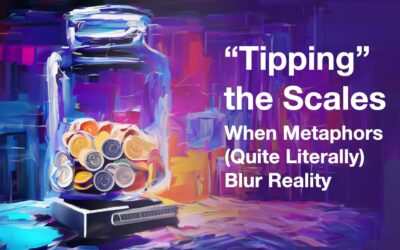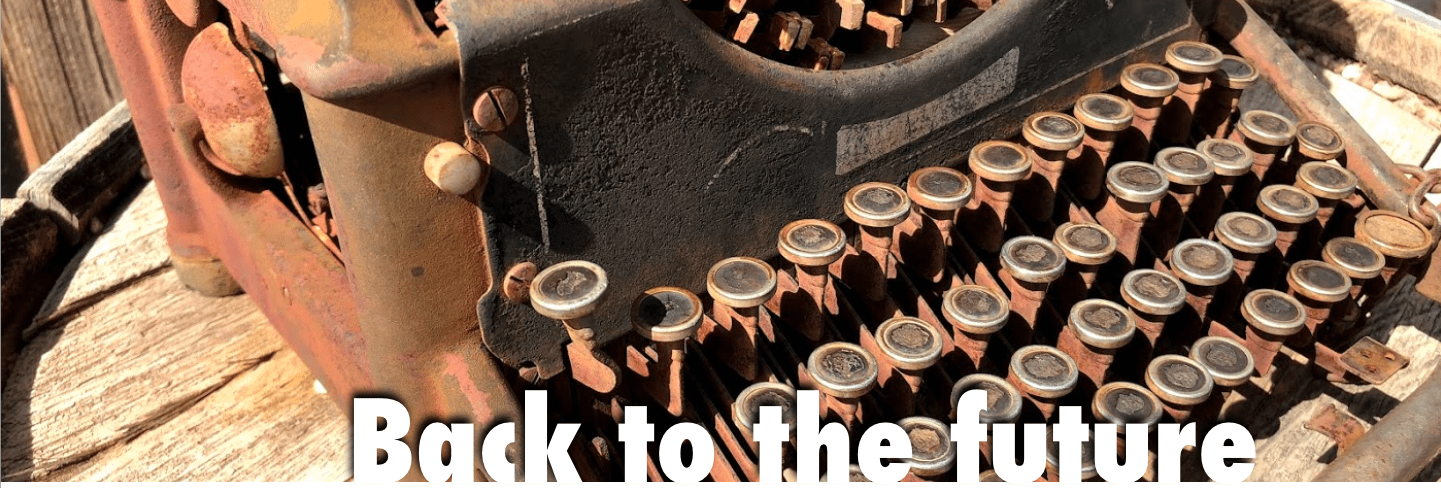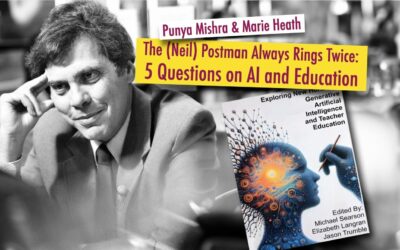Science ambigram with 180-degree rotational symmetry
This chapter, published back in 1998, focused on the cognitive science of science. I realized today that I had not uploaded this article onto my website. So, better late than never, here it is. But before jumping into that here are two basic questions: what is the cognitive science of science and how did we approach the topic? Briefly: The cognitive science of science studies the cognitive processes involved in carrying out science: How do scientists reason? How do scientists develop new theories? How do scientists deal with data that are inconsistent with their theories? How do scientists choose between competing theories? Research on these issues has been carried out by investigators in a number of cognitive science disciplines, particularly psychology, philosophy, and artificial intelligence.ee [Furthermore] we organize this chapter in terms of a simple heuristic: What do scientists do everyday in their capacity as scientists and what psychological processes are involved in those activities? Complete citation and link to article given below:
Brewer, W. F. & Mishra, P. (1998) Cognitive Psychology of Science. In Bechtel, W. & Graham, G. (Eds.). A companion to cognitive science. (pp. 744-749). Malden, MA: Basil Blackwell.





0 Comments